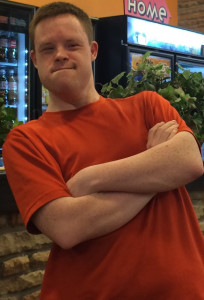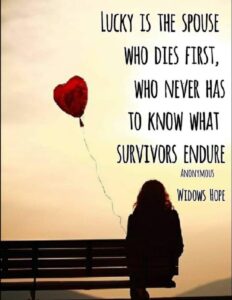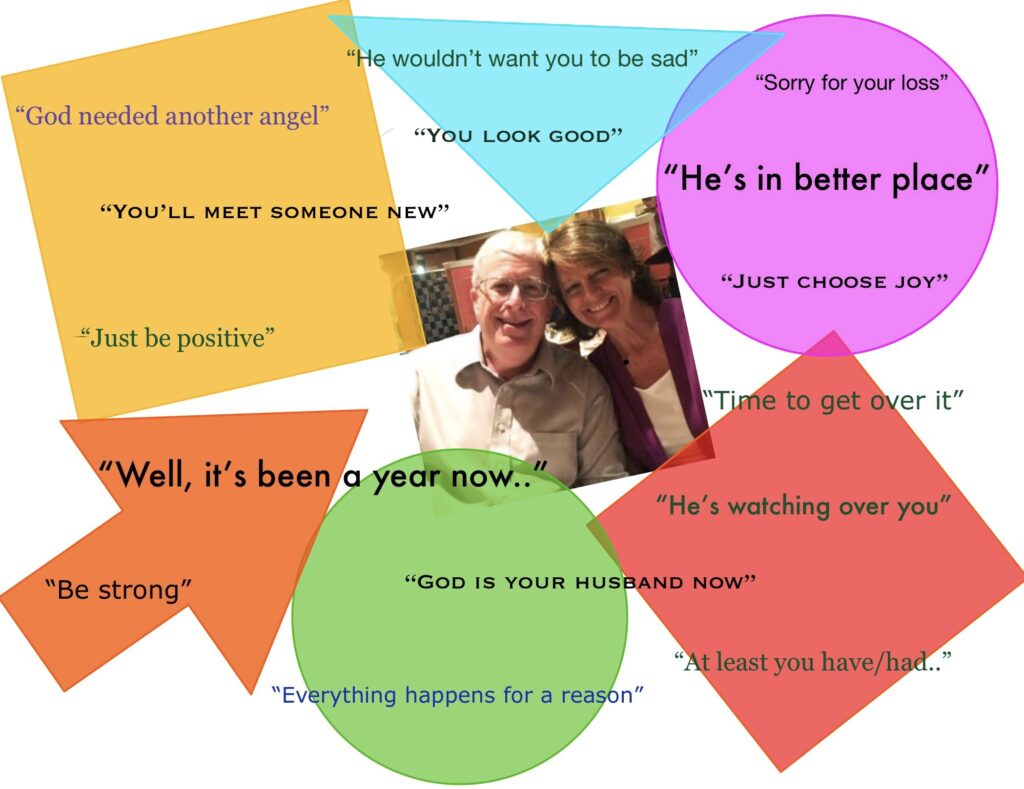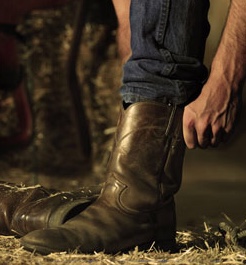 The topic of lives that matter has been at the forefront of news lately, so I might as well add another group to the fray, one that receives little to no headlines, attention or protests.
The topic of lives that matter has been at the forefront of news lately, so I might as well add another group to the fray, one that receives little to no headlines, attention or protests.
In 2013, Robert Saylor, a man with Down syndrome died of asphyxiation after three off duty policemen moonlighting as security guards, restrained him to the floor in handcuffs when he refused to leave a movie theater. His caregiver’s pleas for understanding were apparently disregarded when Robert wanted to see the movie again.
Last week, Arnaldo Rios Soto, a man with autism, watched police shoot his caregiver on a Miami street. Arnaldo had wandered from his group home carrying a favorite metal toy truck in his hand. Someone called the police when they saw Arnoldo, describing him as a man with a gun, acting erratically. His caregiver, Charles Kinsey, was trying to coax him out of the street to safety when police arrived. As Kinsey tried desperately to explain Arnaldo had autism and the object in his hand was a toy truck, an officer discharged his gun at Arnaldo shooting Kinsey instead.
Police officers have protocols to follow and tough judgment calls to make based on their best assessment of a situation and the developmentally disabled rarely fit the cooperation profile. During one of Jon’s wandering episodes he was handcuffed and held in the back of a police car when he failed to answer an officer’s questions or supply his name. To the untrained, the developmentally challenged can be perceived as dangerous and they experience more misunderstandings with police than any other population.*
This week in Tokyo, Japan, Satoshi Uematsu a former employee of a residential facility for the disabled, broke in during the night and stabbed nineteen sleeping people to death and wounded twenty five more. Earlier he had written a letter that stated, “all disabled should cease to exist,” and “the disabled can only create misery.”
The first people exterminated during Hitler’s ‘purify the race’ campaign were not Jews, but the disabled or feeble minded, as he chose to label them. Our Jon would have been the first to die, had we been alive in that decade. It seems no population is exempt from injustice and violence in a world where human hearts trade fear for discernment or choose evil over righteousness.
A recently released movie, “Me Before You,” based on the novel by the same name, is a fictional story of a handsome, athletic young man from a wealthy family who is spine injured in an accident and becomes a paraplegic. It’s meant to be a tear jerker romance, but, of course, I found myself watching this story through the filter of disability and its connection to the value of a human life. The final message of the movie was disappointing, (spoiler alert!) the life of a disabled person is not worth living so the young man travels to Switzerland to die by assisted suicide.
Significance is defined as the quality of being important, large enough to be noticed or have effect or influence, to be worthwhile, valued. Everyone longs to matter. WH Auden, a poet from the 1930’s wrote, “..for who can bear to feel himself forgotten.”
We celebrate celebrity, worship achievement, want to be a ‘somebody’ and leave our mark on the world; a bigger than life personal graffiti wall that boldly states “I was here!” Our culture glorifies importance based on many factors: success, fame, wealth and influence, to name a few.
Disability that achieves the earmarks of worldly success is glorified, but not all disabled persons contribute in ways others consider worthwhile. Does this make their lives less valuable? I don’t have answers to all the tough questions about disability in the world, but our answer to the question of value usually depends on our worldview.
This is mine: “God said, Let us make man in our image, after our likeness..” (Genesis 1:26) and “the Lord God formed man of the dust of the ground, and breathed into his nostrils the breath of life; and man became a living soul” (Genesis 2:7).
If we believe God is the creator, author and beginning of all human existence, there can never be any doubt all lives matter. When Jesus told us to “love your neighbor as you love yourself” (Mark 12:3), He didn’t offer any exceptions, in fact He stated no other commandment was greater. He gave the example of two people groups embroiled in a cold racist war with one another in the parable of The Good Samaritan (Luke 10:25-37), to illustrate what this love looks like.
Violence is a heart issue and will never be resolved until these words of Jesus are understood in the heart of every person and become standard practice.
If we are breathing God’s air on this planet He made, His life is in us, regardless of race, color, gender, preference, ability and age; we are His precious treasure. What others see when they look at us, our outward appearance, is only the packaging for the treasure inside and the wrapping, as beautiful as it might be, is never valued over the gift it holds.
We are significant because God thought we were worth creating. He paid for our life with His, and extends nail scared hands to all humanity as proof of His investment in us and as a personal guarantee that we are top priority.
Jon matters. You matter. I matter. God said so.
And that should be good enough for all of us.
Psalm 139:14-16 “I will give thanks to You, for I am fearfully and wonderfully made; Wonderful are Your works, And my soul knows it very well. My frame was not hidden from You, When I was made in secret, And skillfully wrought in the depths of the earth; Your eyes have seen my unformed substance; And in Your book were all written The days that were ordained for me, When as yet there was not one of them..”
Psalm 22:10 “ I was placed in your care from birth. From my mother’s womb you have been my God.”
*”Disabled people are four to ten times more likely to face violent crimes than the general population, including police violence, sexual assault, hate crime, bullying, robbery, and murder. According to the recent Ruderman report on media portrayal of police violence towards people with disabilities, at least one third to one half of all police violence cases covered by the media involves the disability community. ~ “#BlackDisabledLivesMatter vs #AllDisabledLivesMatter” by Pharaoh Inkabuss, blackautist.tumblr.com~
 Would Mike want me to be happy? Of course. One of his goals in life was to keep me happy (and I him). But neither of us could ever know how hard it is to be happy without the other.
Would Mike want me to be happy? Of course. One of his goals in life was to keep me happy (and I him). But neither of us could ever know how hard it is to be happy without the other.







